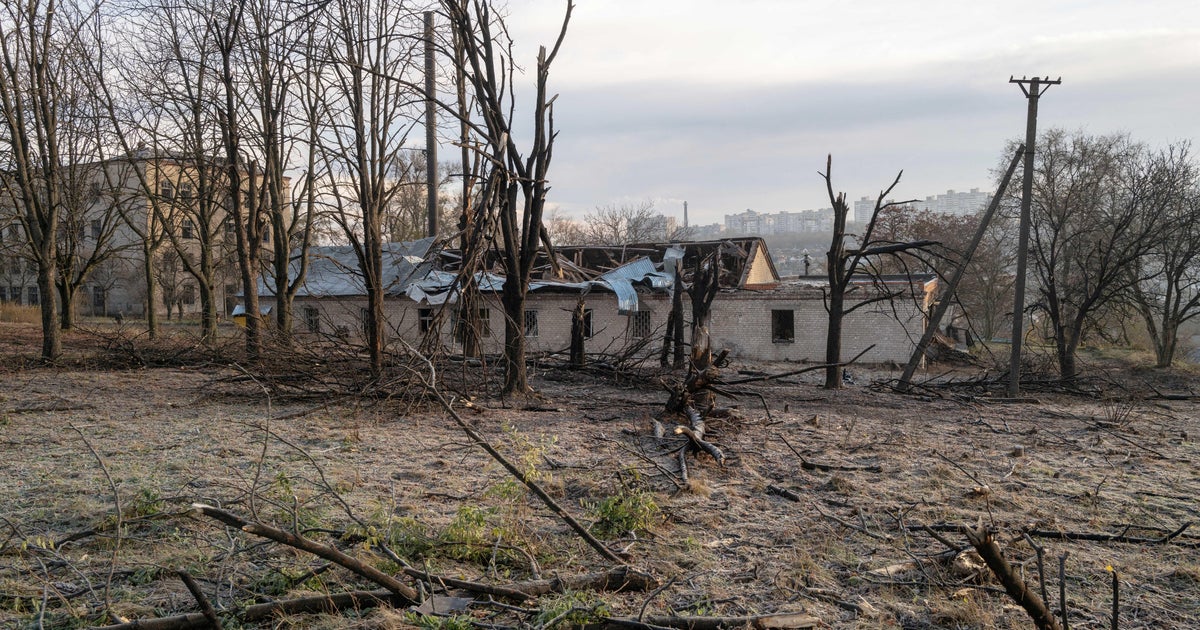Lil Nas X's new music video raises more than $21,000 to combat mass incarceration in just hours
Lil Nas X's latest music video features him dancing naked and breaking out of prison after being jailed for his controversial "Satan" Nike shoes. In just the first day the video has been live, it's taken social media by storm — and raised more than $21,000 to fight mass incarceration.
The video for his new song "Industry Baby," uploaded to YouTube, has a donation box directly underneath for non-profit organization The Bail Project. As of early Friday afternoon, it had acquired nearly 6 million views, and has raised more than $21,000.
"Music is the way I fight for liberation. But true freedom requires change in how the criminal justice system works, starting with cash bail," Lil Nas X says in the donation box. "I know the pain that incarceration brings to a family, and I know the disproportionate impact that cash bail has on Black Americans. There are so many stories that call on us to take action, and I invite you to join me in this important civil right issue."
The Bail Project, according to its website, is seeking to end cash bail, "one of the key drivers of mass incarceration and structural racism in the U.S. criminal legal system." The donations through Lil Nas X's music video go directly to pay people's bails, according to the organization.
According to the Prison Policy Initiative, 74% of people held in jails have not been convicted of a crime. In a March 2020 report, this amounted to 470,000 people. The initiative says that the reason for the high number of people jailed without conviction is because they are awaiting trial, but can't afford to pay for bail.
The amount of people held in jail pretrial has roughly quadrupled since the 1980s, according to the initiative. As of 2021, the media bail bond for a felony is $10,000 — an amount that is nearly an entire's year worth of income for the people who can't afford it. The average yearly income for a man unable to pay this bail is $16,000, while for women, it's $11,000. More than 40% of the pretrial population is Black, according to the initiative.



